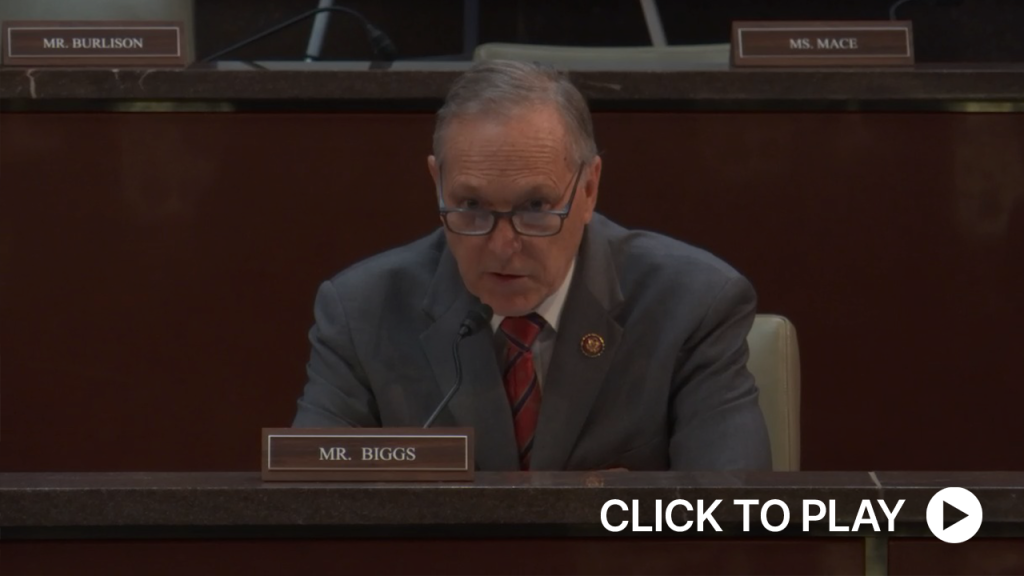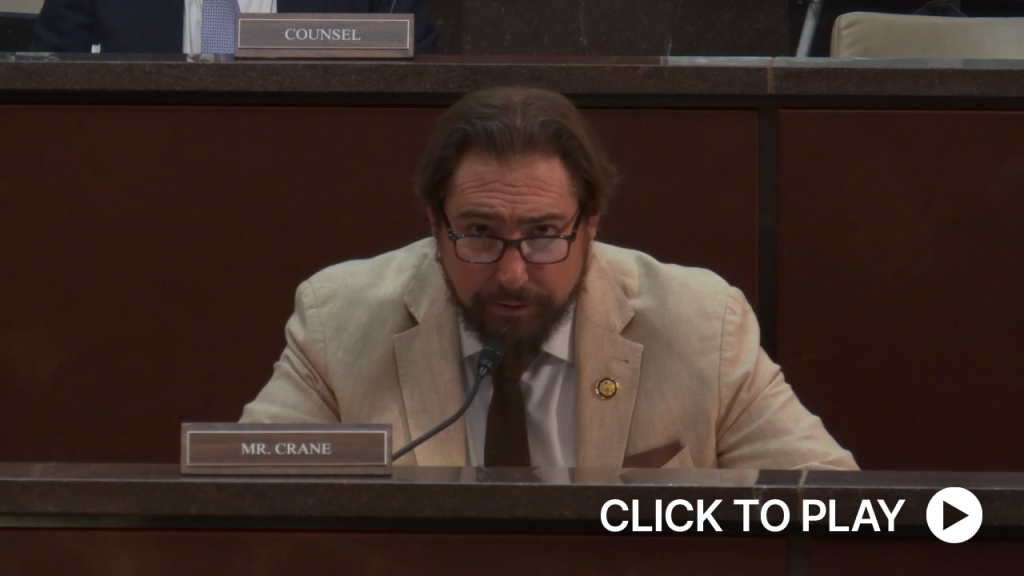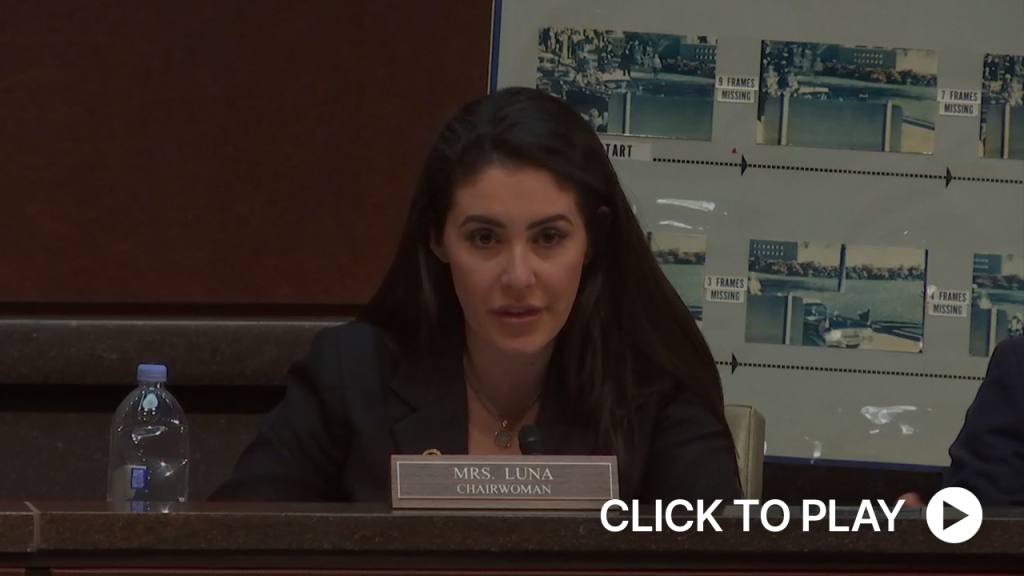
Hearing Wrap Up: Task Force Examines Newly Released JFK Files
WASHINGTON—The Task Force on the Declassification of Federal Secrets held a hearing yesterday on “The JFK Files: Assessing Over 60 Years of the Federal Government’s Obstruction, Obfuscation, and Deception.” At the hearing, members examined newly declassified files released by the Trump Administration, heard expert witness testimony on the tragic assassination of President John F. Kennedy, and examined the federal government’s lack of transparency surrounding the release of classified information to the American public.
Key Takeaways:
The federal government has a history of not being transparent with the American people about the assassination of President John F. Kennedy, which has created distrust in American institutions.
- Task Force Chairwoman Anna Paulina Luna (R-Fla.) noted in her opening statement that, “[What] Americans have come to understand about the assassination of President Kennedy has been mostly controlled and filtered through the assent and watchful gaze of federal agencies who have often resisted efforts to reveal the truth.”
- Mr. Dan Hardway, Former Select Committee on Assassinations Staff, stated in his opening testimony that “Ten years ago, the CIA’s official historian admitted that the CIA had hidden information from the Warren Commission during its investigation. The CIA stonewalled the Senate Select Subcommittee to study governmental operations with respect to intelligence activities, the Church Committee. The CIA was not forthcoming with the Rockefeller Commission. The CIA misled and slow-walked the Assassination Records Review Board.”
President Trump and his administration are committed to maximum transparency and have declassified 80,000 pages of records related to President Kennedy’s assassination.
- The House Oversight Committee’s Task Force on the Declassification of Federal Secrets will build on the Trump Administration’s efforts to declassify records of national importance and restore trust through transparency.
While some progress has been made to declassify documents relating to President Kennedy’s assassination, more transparency about federal secrets is needed.
- Judge John Tunheim, Former Head of Assassinations Records Review Board, stated in his opening testimony that “The congressional mandate—and this is important—stated that the records relating to the assassination would carry a presumption of immediate disclosure, and ‘only in the rarest of cases is there any legitimate need for continued protection.’ This is Congress in 1992. Congress defined the term ‘assassination records’ broadly and indicated that the Review Board could further define the term ‘assassination record,’ which we did.”
- Mr. Douglas Horne, Former Assassination Records Review Board Staff, stated in his opening testimony that, “Some outstanding questions were resolved, but many other questions were raised by the information we gathered questions that remain unresolved today. This is the heart of my oral testimony here. Many Americans remain troubled today by the many conflicts within the JFK medical evidence and what they might mean. And they remain unsatisfied with the official conclusions offered up by both the Warren Commission in 1964 and the HSCA Forensic Pathology Panel in 1979.”
Member Highlights:
Rep. Andy Biggs (R-Ariz.) questioned why the federal government kept information about President Kennedy’s assassination from the American people.
Rep. Biggs: “But I have to get to the ultimate question: ‘Why?’ Why did the CIA intervene with Mr. Hardway’s review? Why was this Zapruder film removed and not brought back in its original documented form? Why? If you can answer that, you would probably solve what Ms. Coe referred to as ‘trust.’ There is a massive amount of skepticism about our federal government, and I think you can directly trace it back to this event. And so, I want to know why, and I think that’s what all of America wants to know.”
Rep. Eli Crane (R-Ariz.) inquired about the road blocks the Central Intelligence Agency (CIA) put up that prevented information from being released more easily.
Rep Crane: “Can you tell us about some of those conversations about how it might have been conceived as obstruction?”
Mr. Hardway: “Well, when we first started, we had unlimited unexpurgated access. We had two clerks assigned to us; we had our office at the CIA. Pretty much went to work there every morning, we’d ask for a file, they would go get it, we would review it. It was unredacted and given to us [in] its original state. After they brought George Joannides in, he began slowly tightening down the process…We started experiencing significant delays in the files that we would get. We started noticing the files we would get have obvious things missing from them.”
Task Force Chairwoman Luna inquired about why the CIA withheld information related to the assassination.
Task Force Chairwoman Luna: “Why did you tell President Biden that the CIA had deliberately misled your board about the Joannides File?”
Judge Tunheim: “I did that because the CIA misled us…It looked like just a personnel file, you know, what he got paid and, you know, when he got separated and that sort of thing. And the staff looked at it and thought it wasn’t significant and sent it back. In retrospect, we shouldn’t have done that. We should have asked for more, but they were told, the staff was told, that was all they had on Joannides, which was clearly incorrect. So that is why I said we had all been deliberately misled by the CIA as to the nature of the Joannides Files that were there, and I think these files are likely still there, and can be released, and should be released.”
Click here to watch the hearing.
Distribution channels: U.S. Politics
Legal Disclaimer:
EIN Presswire provides this news content "as is" without warranty of any kind. We do not accept any responsibility or liability for the accuracy, content, images, videos, licenses, completeness, legality, or reliability of the information contained in this article. If you have any complaints or copyright issues related to this article, kindly contact the author above.
Submit your press release


